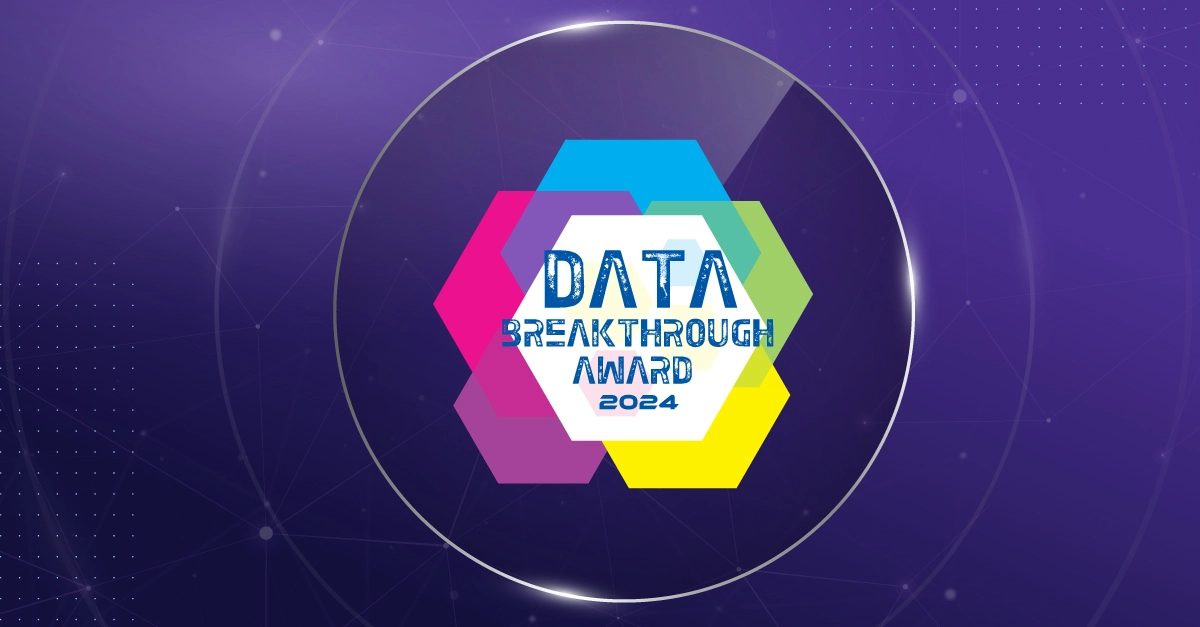Protecting consumer data is a growing concern around the world, and for good reason. Consumer data is being collected and used by companies in ways that many don’t understand. To respond, governments around the world have passed laws to protect consumer privacy. These laws vary in scope, but they all require companies to be more transparent about how they collect and use data. Companies must also give consumers more control over their data, such as the right to opt out of having their data collected or sold.
Companies that fail to comply with these laws could face fines and penalties, as well as damage to their reputation. But more importantly, companies should be committed to protecting consumer privacy because it is the right thing to do.
Companies need to have both data security and data privacy measures in place in order to effectively protect consumer data. Data security and data privacy are two closely related, but unique, concepts. Data security measures help to keep data safe from hackers and other unauthorized individuals. Data privacy measures give consumers control over their data and ensure that it is used in a way that they agree with.
How are data leaders doing on protecting data through security and privacy measures? Azira’s recent State of Global Consumer Behavior Data study surveyed 590 data leaders across a variety of industries to learn more. Here’s what we learned:
Data Security and Data Privacy Are Top Concerns for Data Leaders
A recent study by Azira found that data security and data privacy are top concerns for data leaders. More than 90% of the respondents indicated some level of concern about data security and privacy, and more than 60% were extremely or very concerned.
Data Leaders Face Challenges with Data Privacy and Security
Looking closer at data security, 78% of data leaders agree that data security and avoiding breaches is a top priority for their organization. This priority carries over to when they’re looking for data vendors to work with as well. Data security is the number one priority of what they look for in a data vendor, with 69% of respondents prioritizing this. However data security is also a top challenge – 40% of data leaders say they struggle to find vendors that offer sufficient data security.
Data privacy also proves to be a challenge for data leaders. When asked what hurdles their team faces in using consumer behavior data, 26.5% cited that “ensuring that our usage is privacy compliant” was a challenge, among the top challenges cited in using data. Two in three data leaders agree that “I feel confident that our organization is adhering to all data privacy regulations in the regions where we operate.” This leaves roughly one in three indicating less confidence. When looking for data vendors, privacy is another top concern for data leaders, with 50% saying they look for privacy compliance in data vendors, and 28% saying they struggle to find this.
Taking Steps to Protect Consumer Data
Companies that want to avoid legal and financial challenges and stay ahead of the curve should start preparing for the future of consumer privacy now. They should review the laws of the states where they operate and take steps to comply with those laws. They should also develop a comprehensive privacy policy that addresses the needs of their customers.
Here are some specific steps that companies can take to protect consumer data and ensure compliance with privacy laws:
- Identify the laws that apply to your business, in all regions, passed or in deliberation.
- Assess your current practices. This may involve reviewing your privacy policies, data collection and usage practices, and security measures.
- Make a plan for compliance. Include specific steps that you will take to improve your compliance, such as updating your privacy policies, implementing new security measures, and educating your employees about privacy.
- Partner with data and technology providers with a proven track record of being privacy-led. This includes ensuring consumer data is analyzed in a privacy-safe environment and is never exported in its raw form.
- Take action. Don’t wait until deadlines to implement your compliance plan. Policy overhaul, internal change management, and systemic updates to your data infrastructure can take many months, if not years. The sooner you start, the more time you will have to make sure that you are in compliance.
- Communicate your efforts to customers. 98% of consumers want brands to do more to guarantee the privacy of their data. Your proactive compliance efforts represent an opportunity to differentiate yourself from competitors and build trusted relationships with your customers, who will feel valued by your respect for their privacy.
By taking these steps, companies can protect consumer data and build trust with their customers.



